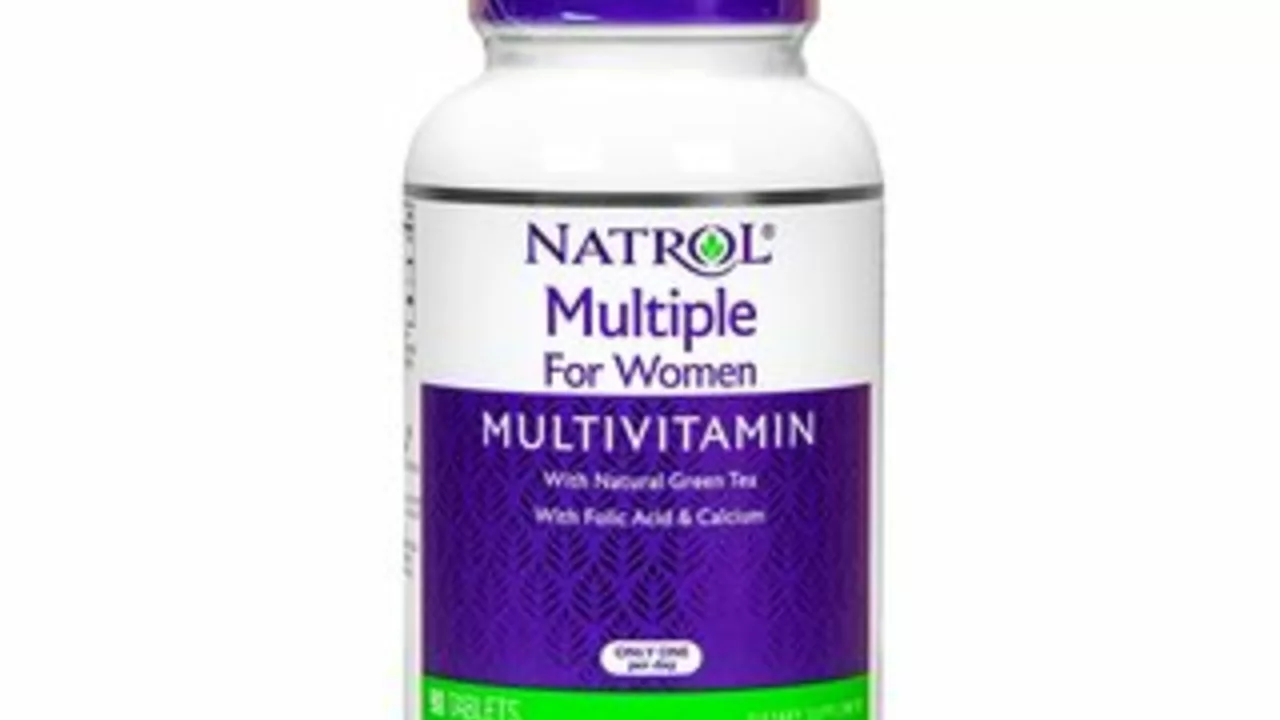Yohimbe: What It Does and How to Use It Safely
Yohimbe is an herbal product made from the bark of the Pausinystalia yohimbe tree. People use it for low libido, erectile dysfunction, and sometimes for weight loss or athletic performance. It contains yohimbine, the active compound that affects blood flow and nerve signals. That effect can help some people, but it also raises risks—so knowing how it works and when to avoid it matters.
How yohimbe works and common uses
Yohimbine blocks certain receptors in the nervous system and increases adrenaline. That can boost blood flow to specific areas and raise heart rate and alertness. For erectile dysfunction, some studies show mild improvement, especially when other treatments haven’t worked. Athletes sometimes take it to boost fat loss or energy, but evidence is mixed. If you’re looking for quick effects, expect variability: some people feel a noticeable change, others notice nothing.
Use cases you might see: short-term libido boost, a trial for erectile issues, or a component in pre-workout mixes. It’s not a replacement for standard medical care. If erectile dysfunction is new or persistent, check with a doctor to rule out underlying causes like diabetes or heart disease.
Safety, dosing, interactions, and buying tips
Safety is the main concern with yohimbe. Side effects can include anxiety, high blood pressure, rapid heart rate, dizziness, and nausea. Serious events—severe hypertension or heart problems—are rare but reported. Dosing is inconsistent in supplements because the bark contains varying yohimbine amounts. Clinical studies often used 5–10 mg of yohimbine hydrochloride. Over-the-counter supplements may list much higher or unclear amounts, so start low if you try it.
Yohimbe interacts with many drugs: antidepressants, stimulants, blood pressure meds, and MAO inhibitors are notable examples. Combining it with caffeine or other stimulants can amplify side effects. If you take medications or have heart disease, anxiety disorders, kidney or liver problems, avoid yohimbe unless a doctor says it’s safe.
Buying tips: choose products from reputable brands with third-party testing or clear yohimbine content. Avoid vague labels like “herbal blend” without amounts. Read reviews, check for certificates (USP, NSF), and prefer retailers that list contact info and return policies. If a product claims miracle results, treat that claim with skepticism.
Alternatives to consider: prescription options for erectile dysfunction (like sildenafil) have stronger evidence and predictable dosing. For energy or fat loss, proven strategies—diet, sleep, resistance training—work better and safer long term.
Want to try yohimbe? Talk to a clinician first, start with the lowest dose, track side effects, and stop if you feel jittery or your heart races. That approach keeps risk lower while you see if it helps you personally.
Yohimbe: The Dietary Supplement That's Taking the Health and Fitness Industry by Storm
Yohimbe is a dietary supplement that's gaining a lot of attention in the health and fitness industry recently. This natural supplement, derived from an African evergreen tree, is believed to aid in fat loss, improve sexual health, and enhance athletic performance. Many fitness enthusiasts are adding it to their regimen due to its potential benefits. However, like with any supplement, it's important to use it responsibly and be aware of any potential side effects. Stay tuned to my blog for more updates and in-depth information about this trending supplement and its impact on health and fitness.





